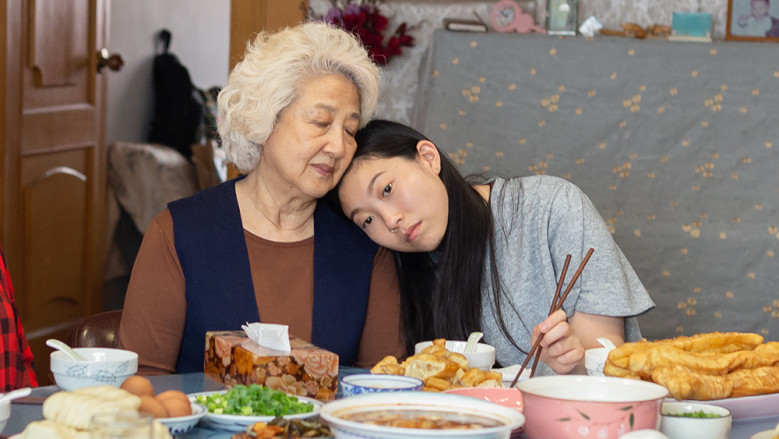
Wednesday
As I was watching the lovely film Farewell this past week [warning: major spoiler alert], a passage from The Importance of Being Earnest came to mind. The startling premise of the film matches up with a very funny Oscar Wilde interchange.
The film is about the apparently common Chinese custom of hiding from cancer patients their actual condition. While the granddaughter and her parents claim to be returning to the homeland to attend a family wedding, they have really shown up because doctors have predicted the grandmother will die in a few months. The wedding itself has been moved forward to give them a plausible reason for their presence.
The drama lies in whether they can hide the real reason from the grandmother, who is quite sharp.
As an uncle explains to the skeptical Chinese-American protagonist, her belief in transparency and individualism gets trumped in China by a family’s belief that they should carry the expected death of a relative on their own shoulders. The grandmother shouldn’t have to worry about such a thing.
The doctors’ falsehood, however, turns out to be true. We think we’re seeing the grandmother’s final days as the family leaves to go back to America, only to be informed during the credits that she’s still alive four years later. (The film claims to be based on a true story—or as it puts it, a real lie.) In other words, she lives up to what her doctors publicly proclaim.
In Importance of Being Earnest, Algernon suddenly finds himself forced to account for the absence of his imaginary invalid friend Bunbury when his aunt unexpectedly shows up. He bumbles his way to an excuse:
Lady Bracknell. May I ask if it is in this house that your
invalid friend Mr. Bunbury resides?
Algernon. [Stammering.] Oh! No! Bunbury doesn’t
live here. Bunbury is somewhere else at present. In fact, Bunbury
is dead.
Lady Bracknell. Dead! When did Mr. Bunbury die? His
death must have been extremely sudden.
Algernon. [Airily.] Oh! I killed Bunbury this
afternoon. I mean poor Bunbury died this afternoon.
Lady Bracknell. What did he die of?
Algernon. Bunbury? Oh, he was quite exploded.
Lady Bracknell. Exploded! Was he the victim of a
revolutionary outrage? I was not aware that Mr. Bunbury was interested in
social legislation. If so, he is well punished for his morbidity.
Algernon. My dear Aunt Augusta, I mean he was found out! The
doctors found out that Bunbury could not live, that is what I mean—so Bunbury
died.
Lady Bracknell. He seems to have had great confidence in the
opinion of his physicians. I am glad, however, that he made up his mind
at the last to some definite course of action, and acted under proper medical
advice.
The grandmother in The Farewell also has great confidence in the opinion of her physicians. Under proper medical advice–at least by Chinese standards–she shoulders on.

